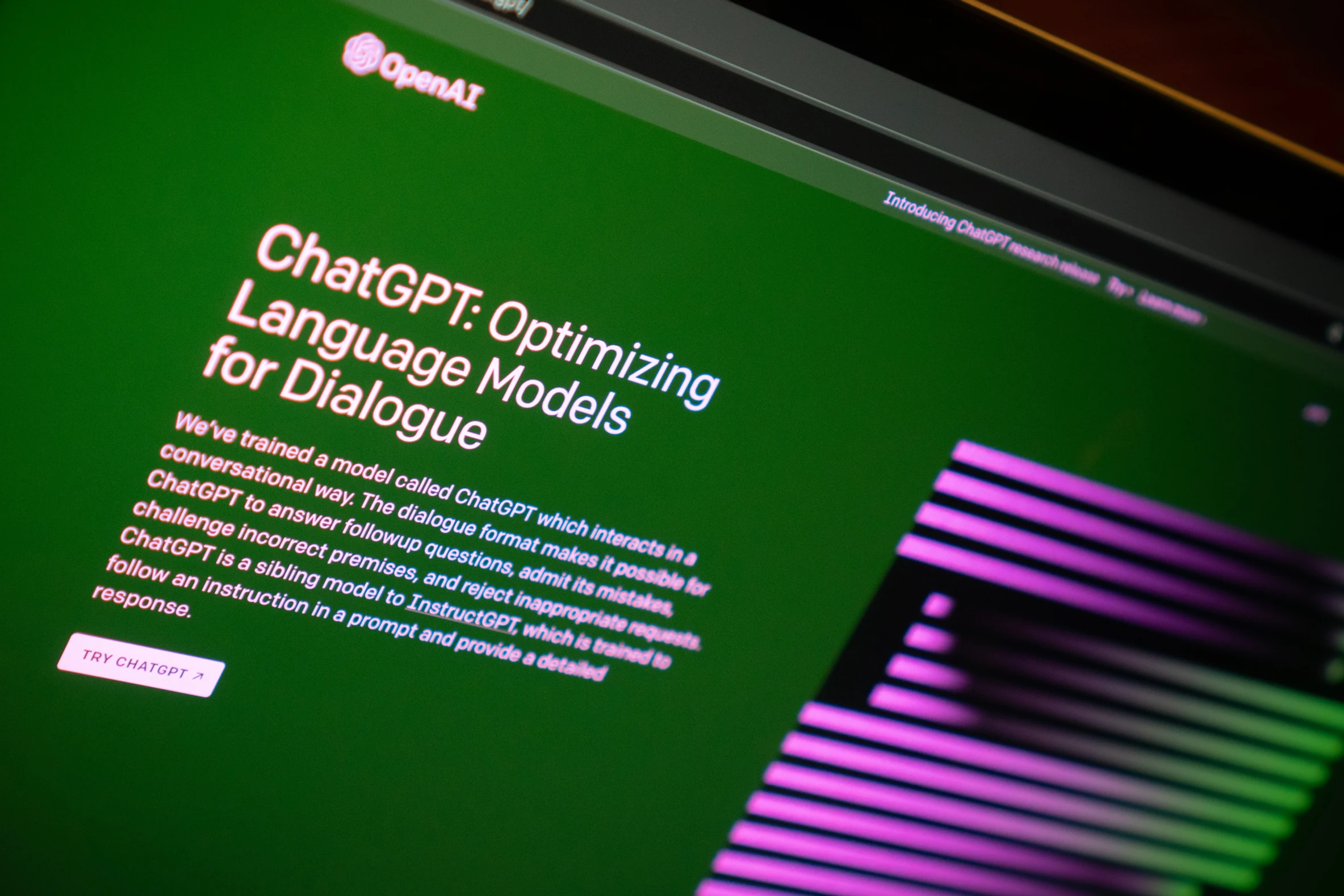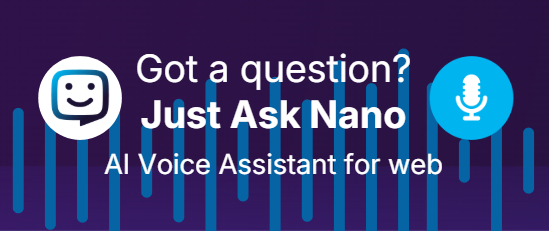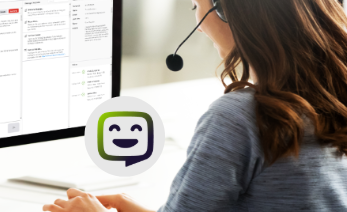
The landscape of generative AI is teeming with innovation, and several other companies have emerged as formidable players in this space. While Chat GPT has been in the limelight, recent funding rounds indicate that investor enthusiasm for startups pioneering generative AI, especially those focused on developing large language models (LLM), is skyrocketing.
Leading venture capitalists and renowned tech entrepreneurs predict the integration of AI personal assistants into daily life. The race is on because these AI-powered personal assistants will become your search engine, your scheduling assistant, your purchasing assistant and almost everything else. This Generative AI will also find its way into the business world, assisting customers with a wide range of needs.
Notable startups like Inflection, Cohere, Anthropic, and Hugging Face have secured substantial funding rounds, reaching hundreds of millions and even billions of dollars. These companies aim to offer stiff competition to Chat GPT, although each has their unique objectives and approaches to leveraging generative AI technologies.
Google's Bard and Open AI
Google's latest iteration of large language models, "Bard," with the foundation model originally created around the same time as GPT-1, has further enriched the AI landscape. Additionally, Microsoft's investment in OpenAI, the creator of Chat GPT and other GPT models, is fuelling advancements across the board and pushing the boundaries of AI capabilities. However, it is essential to acknowledge that with the open-source models that many are using, there are legal challenges surrounding the ownership of intellectual property of the underlying data used to create content in large language models, which may impact the industry's future development.
Information Sources
Both Chat GPT and Bard are both trained on vast amounts of publicly available information from a variety sources. Google Bard (and some other LLM’s) have the capability of real-time internet connection to retrieve up-to-date content, Chat GPT is introducing plug-ins to enable access to dynamic content to expand its functionality. Nevertheless, it's important to note that these AI models are not connected to a business's internal applications, knowledge bases, or documents. For businesses to fully leverage these technologies, a crucial element will be integrating them into a businesses structured and unstructured information, providing controlled access to company data securely and efficiently, without spiralling costs. There are new approaches being created weekly to address this and once productionised will deliver extraordinary benefits.
Existing Systems
To effectively utilise these new AI models, businesses need to carefully plan their approach to accessing and presenting data, requiring a thoughtful blend of technologies. Ensuring seamless integration with existing systems and safeguarding data privacy will be essential. By leveraging the capabilities of AI-powered assistants while harnessing the unique strengths of their own business systems, companies can elevate their customer service experiences and drive productivity to new heights.
While Chat GPT has garnered significant attention, the landscape of generative AI is thriving with promising startups and advancements from industry giants. As these technologies mature, businesses must strategically embrace AI-powered assistants, combining them with their own internal systems to create a powerful and secure customer service ecosystem that will undoubtedly shape the future of customer experience.
Are you ready to embrace AI-powered digital assistants? Contact us or call us on 0333 6000 360 to find out how.







